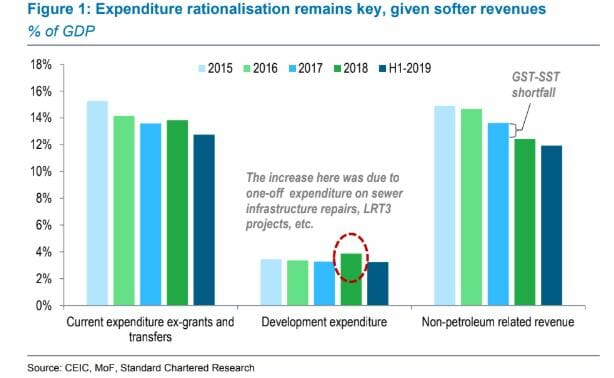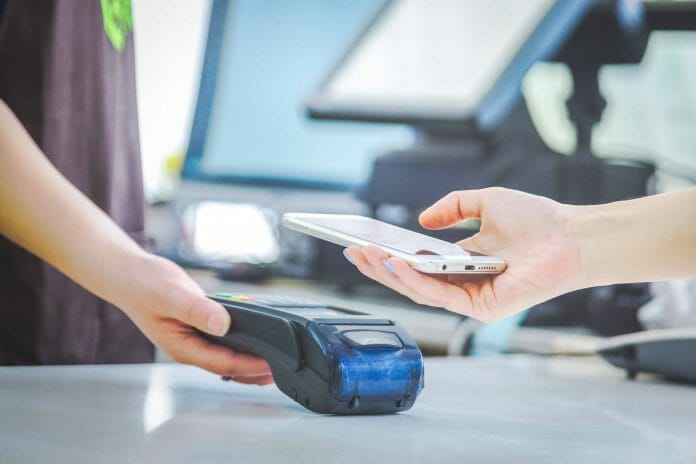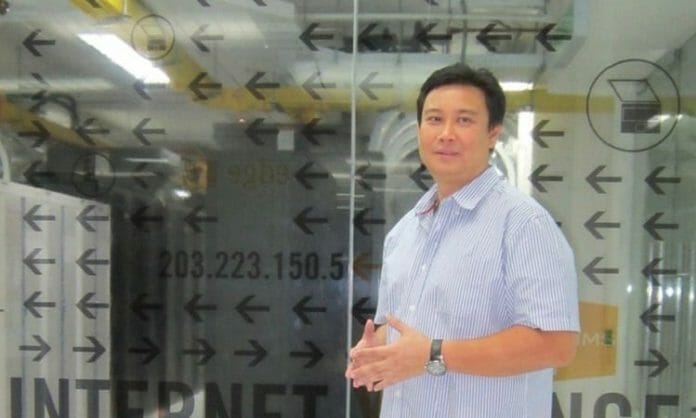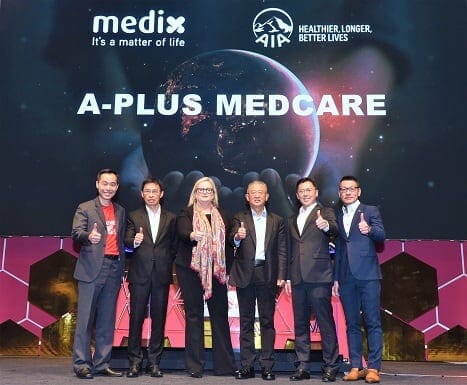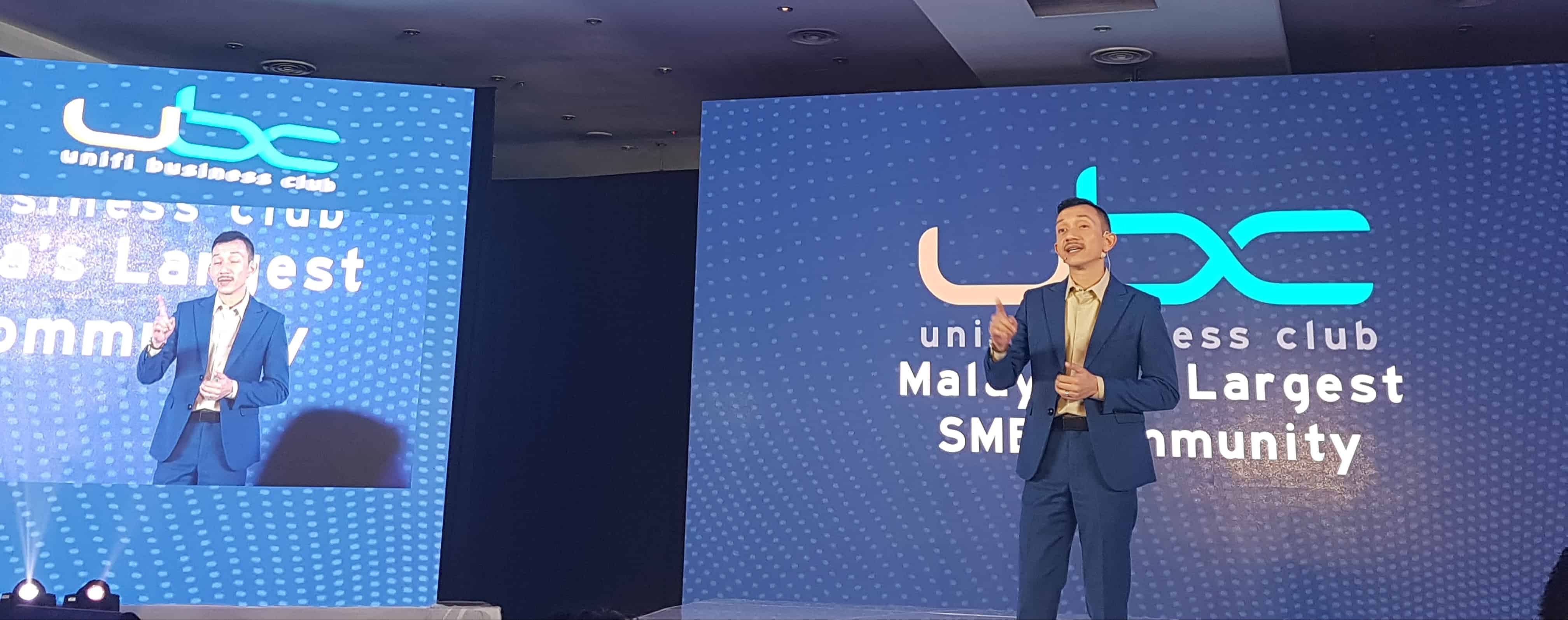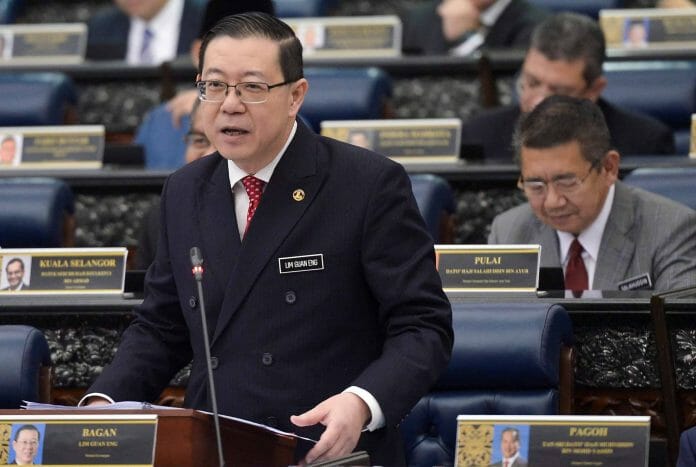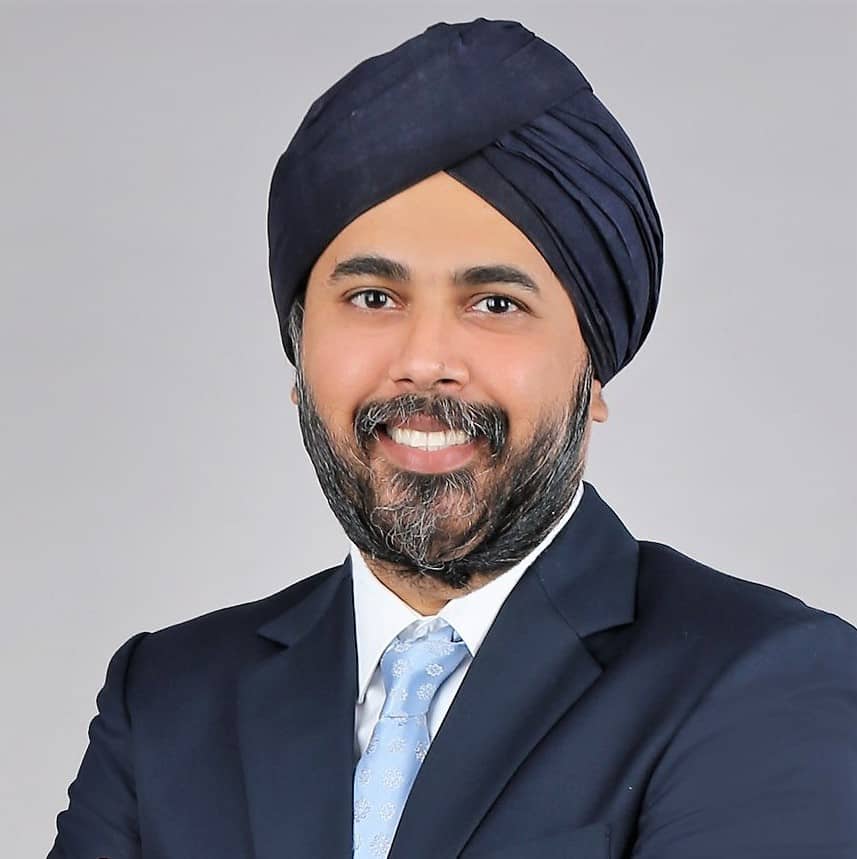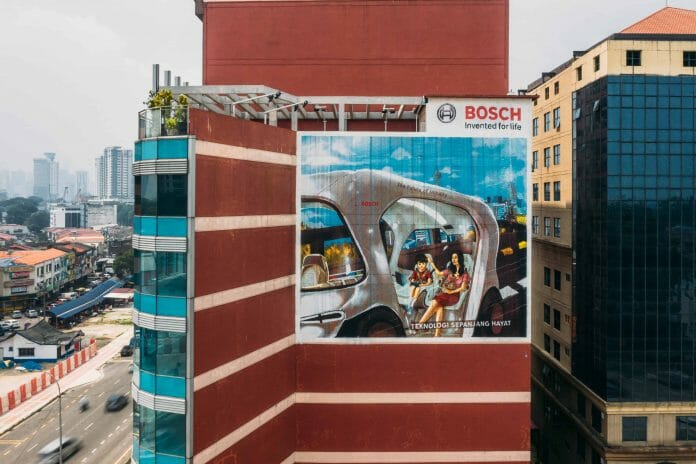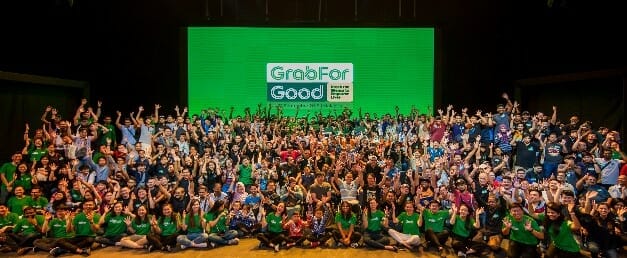By Brian Sim, Managing Director and Country Head Malaysia at Kelly Services
It has been 62 years since we gained independence from the British and within that time frame, Malaysia has rapidly developed its economy, infrastructure and its workforce to become a key player in both regional and global economies.
Today, Malaysia stands at the precipice of the Fourth Industrial Revolution. As the digital landscape continues to expand globally, businesses are looking for ways in which they can benefit from this digital revolution, either by implementing new technologies or by establishing a digital footprint of their businesses via online platforms and websites. From big data analytics to Cloud powered solutions, a wide array of technological tools are now available to businesses who wish to enhance their business processes.
From an employment standpoint, the ramifications of the Fourth Industrial Revolution on the nation’s workforce is one that has both positive and negative aspects to it. But in order to fully appreciate its impact on Malaysia, it is worth looking back at the previous industrial revolutions, and the impact they have had on the workforce at that time.
The First, Second and Third Industrial Revolutions
The First Industrial Revolution began in the 1760s in Europe, whereby a transition took place from traditional craft production methods to machine powered production, giving rise to new manufacturing processes and rapid expansion of factories. The Second Industrial Revolution on the other hand began in 1870s following advancements in pre-existing technologies and the discovery of electricity.
Prior to our independence, the British had incorporated similar industrial processes in Malaysian factories. The tin mining industry for example was a key Malaysian export in the late 1800s, and the mining process was enhanced using the steam engines in what was known as the gravel and pump method. It was this knowledge transfer that enabled Malaysia to go through the first and second Industrial Revolutions. The workforce at that time also adapted to these new technologies, learning new skills in order to stay relevant.
When Malaysia gained independence in 1957, the world was already entering the Third Industrial Revolution, signified by a shift from analogue technologies to digital electronics. Indeed, the rapid advancement in technology was most apparent during the 1980s and 90s, under the leadership of Prime Minister Tun Dr Mahathir Mohamad. In fact, Malaysia’s economic performance peaked in the early 1980s through the mid-1990s thanks to sustained growth that averaged at almost eight percent gross domestic product (GDP) annually. These advancements transformed Malaysia’s export industry as well, shifting from
rubber and tin as primary exports to semiconductor components and electrical goods.
The Malaysian workforce; past, present and future
It is not a stretch to say that Malaysia has thrived through previous industrial revolutions. Businesses have flourished and our economy has likewise benefited from it. While previous industrial revolutions have resulted in jobs being lost, new jobs and opportunities inevitably presented themselves, replacing older jobs that are no longer needed.
This phenomenon of job creation and destruction can be seen throughout the history of mankind. Take for example the ‘Computer’, a term that was once used to refer to a job title of a person who did various forms of mathematical calculations. With the invention of digital calculators and computers, the role of a ‘Computer’ slowly began to become obsolete. This does not mean that technology has replaced human beings, it is simply the task of calculating that has been taken over, thus allowing us to focus on more important tasks.
Similarly, in the Fourth Industrial Revolution, there is a concern among Malaysians that artificial intelligence and automation will replace human beings and cause jobs to be lost. However, based on our Q3 Workforce Insights report, it was discovered that there is actually a positive perception towards automation and artificial intelligence. In fact, 73 percent of Malaysians believe that these new technologies will help make them more productive and perform their job better.
Furthermore, as millennials continue to trickle into the workforce, Malaysia is seeing a steady shift in work culture. Thanks to various government initiatives, the work culture in Malaysia is primed for positive changes that will also see increased participation by women, people with disabilities and special needs as well as older workers. Indeed, these initiatives complement the adoption of technology among businesses as technology has the capability of providing the flexibility and mobility that these group of workers often need in order to stay productive.
At 62 years of age, Malaysia has succeeded in developing its workforce. While there are still some areas for improvement, especially when it comes to nurturing the nation’s digital talent and improving workforce inclusivity, Malaysia is nonetheless on the right track. Our diverse and resilient workforce has proven to be one of the most capable the world has to offer.



